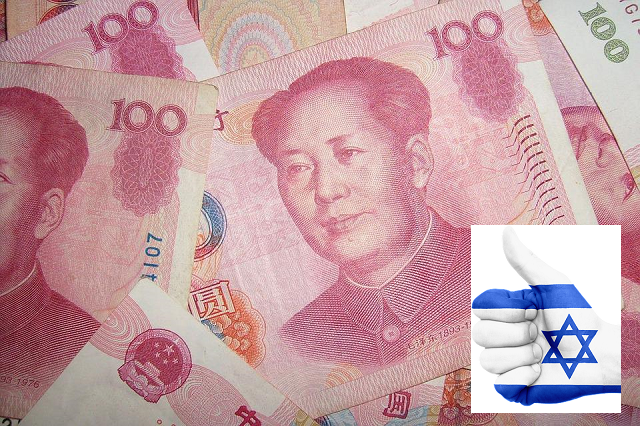According to Bloomberg, for the first time ever the Bank of Israel has decided to add holdings of the Chinese yuan.
In the most significant change to its reserve allocation in over a decade, the bank will decrease its holdings of dollars, euros, and the British pound. Israel’s central bank is looking to diversify its currency mix and extend its investment horizon, indicating an “overall investing standards and mindset,” as Deputy Governor Andrew Abir put it in an interview with Bloomberg.
In addition to the traditional trio currencies, the bank will include the Canadian and Australian dollars as well as Japan’s yen and the yuan, which is also known as the renminbi. The renminbi is China’s official currency and one of the world’s reserve currencies, ranking as the eighth most traded currency in the world (2019).
The additions mark a change in the Bank of Israel’s “whole investment guidelines and philosophy,” Abir said.
“We need to look at the requirement to earn a return on reserves that will cover the expenses of the liabilities,” stated Abir.
For the first time, Israel’s reserves will exceed $200 billion.
According to the bank’s annual report, the yuan will account for 2% of the bank’s reserves in the future, while the Canadian and Australian currencies will account for 3.5 percent apiece.
The euro’s share will decline from 30% to 20% as a result of the new additions, while the dollar will account for 61 percent, down from 66.5 percent.
The dollar’s proportion of total global currency reserves has dropped to its lowest level in more than two decades, according to the IMF.
According to the International Monetary Fund, the dollar’s proportion of total world currency reserves has dropped to its lowest level in over two decades, fueling speculation about the yuan’s growth.
China has long advocated for the yuan to replace the dollar as the primary reserve currency. Experts told Business Insider that the weaponization of the US dollar against Russia’s financial institutions portends a sea change. “the effectiveness of the West’s sanctions against Russia has served as a wake-up call for countries trying to limit their exposure to the dollar”, said economist Aleksandar Tomic.
However, for China’s yuan to rise much further, other countries must abandon their faith in the US economy and place their faith in China’s monetary authorities.
“There have been challenges to the dollar before, but none have taken root because when things become unpredictable, the US tends to be steady, so the dollar persists,” Tomic explained.





